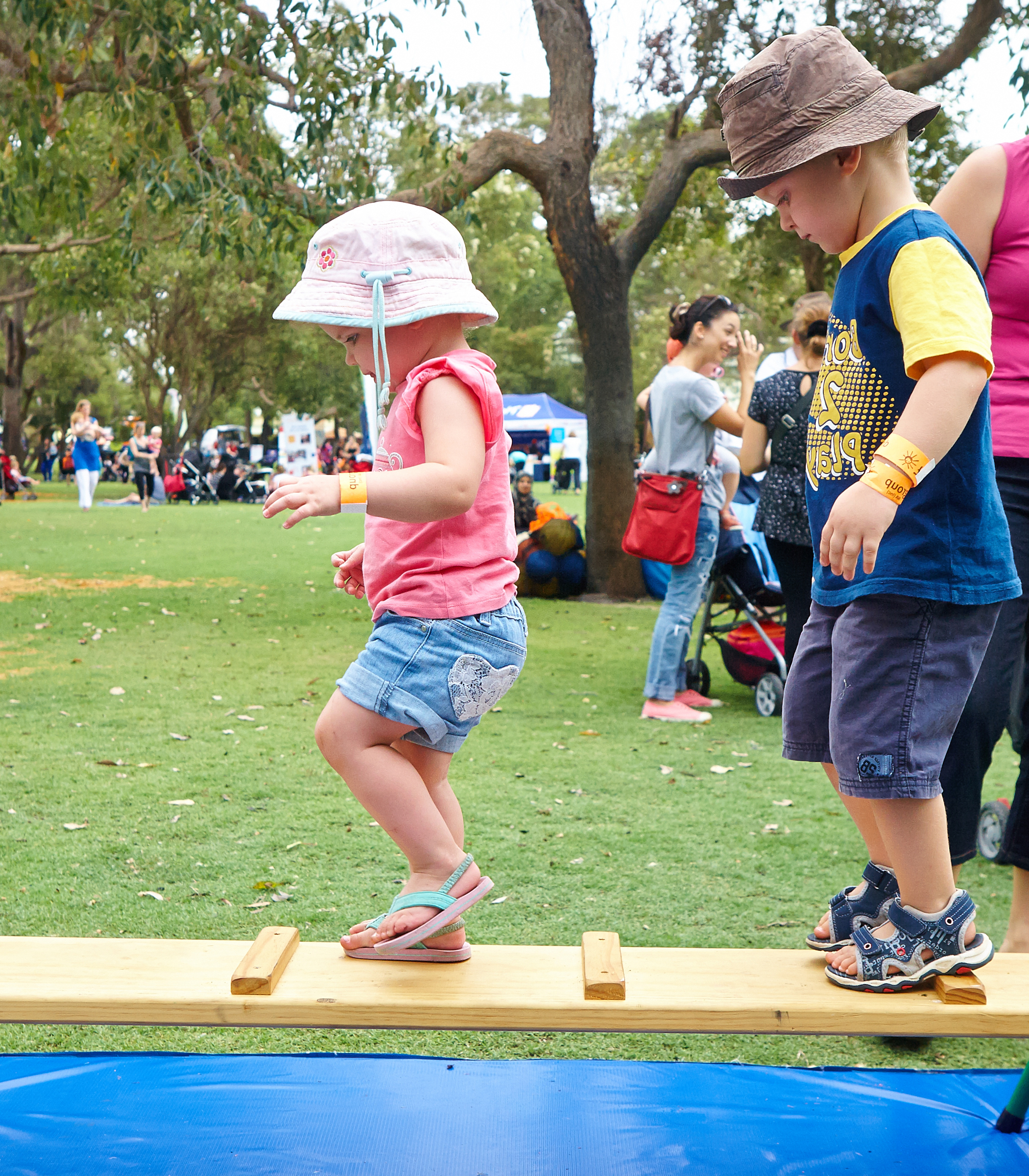 Today’s world is different. The 24-hour news cycle is king, and Google has made us all detectives and researchers.
Today’s world is different. The 24-hour news cycle is king, and Google has made us all detectives and researchers.
Anytime we want to know something, good or bad, the answer is at our fingertips. But with the hubbub of information – and misinformation – constantly swirling, is it any wonder that parents are fearful and confused?
Our reaction has been to hold onto our kids tighter; to enroll them in more classes; to do more for them in the vain hope that we can help them carve out a safe and prosperous path.
While most parents want the best for their children, holding on too tight might just be having the opposite effect. Whether it’s called mollycoddling, wrapping them in cotton wool, or the latest catch-phrase “helicopter parenting”, not allowing children to explore their world could actually do more harm than good.
If the latest research is to be heeded, we should all stop hovering so close and allow our children to fail – not just once but several times a day. Keeping too tight a rein is associated with anxiety, depression and decreased self esteem.
Author and parenting expert Maggie Dent remembers a time when most children walked around sporting bumps and bruises – testimony to them exploring their world, and in some instances “failing”.
“If children walk around now with bumps and bruises, it’s commonly perceived as poor parenting,” Maggie said. “There’s an overload of information available to modern parents, and so many are looking for the perfect solution, afraid to make mistakes.
“The truth is you will make mistakes as parents – and these are golden moments because it’s when you learn the most. Parents are doing so much for their kids now that teachers are reporting a generation of young kids who can’t put their own jumper on or blow their own nose.”
Maggie said the changing nature of a technological world that was always ‘on’ was making parents more fearful and triggering a sense of misplaced guilt. The massive media presence in people’s lives was creating a distorted sense of danger.
“Statistically, we live in a much safer world, but it doesn’t feel that way to most parents,” she said. “But before we swoop in at the first sign of difficulty, we need to ask our kids: “Do you need my help, do you want my help?”
“If we empower our children to explore, they become buoyant, and we are rearing more confident and resilient young people. Children need to stretch and grow and take risks and they learn best by doing things themselves.”
Parents who micro-manage their children are not intentionally harming them says Nature Play WA chief executive Griffin Longley, instead they are reacting to a world where parenting has been “professionalised.”
“Expectations are higher than they’ve ever been before,” Griffin said. “But the result has been an absolute sky rocket in anxiety disorders. We are having fewer kids and we’re having them later, and while it comes with positives, some parents are giving it so much focus that they are getting in the way of their child’s essential learning.
“The 24-hour news cycle has almost become the two-minute news cycle, with Facebook and news alerts, and so we don’t get a break from information. It challenges the way we think about our world, and brings the global village closer, so that a one-in-a-hundred-million event can feel a lot more real.
“It’s important that parents try to be realistic about the dangers – our biggest fears such as sharks and predators are far less real than risks like drowning. Don’t allow those horror movie scenarios to stop your children from exploring.”
Griffin said children were already living more sedentary and isolated lives, putting their mental and physical health at risk and not allowing them to learn through taking risks and making mistakes.
Certain small injuries while children were being active were an important part of the learning process.
“A kid who is learning to ride a bike might come around the corner too hard and skin a knee or bang a chin,” he said. “The lessons learned about speed and control far outweigh any physical damage in that instance. If parents can recognise fear in themselves, pause and think about whether it’s realistic, and see that the benefits can outweigh the risks, it’s a good way forward.”
Parents of pre-school children should remember that their cognitive, social and emotional development were all enhanced when children interacted with each other in a natural environment.
“Playgroups are a great setting for families because the parents can be talking and exchanging ideas while the kids are given quite a bit of space. Everyone feels secure and no-one feels the need to dominate – it’s a very positive and healthy environment,” he said.